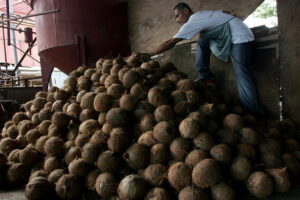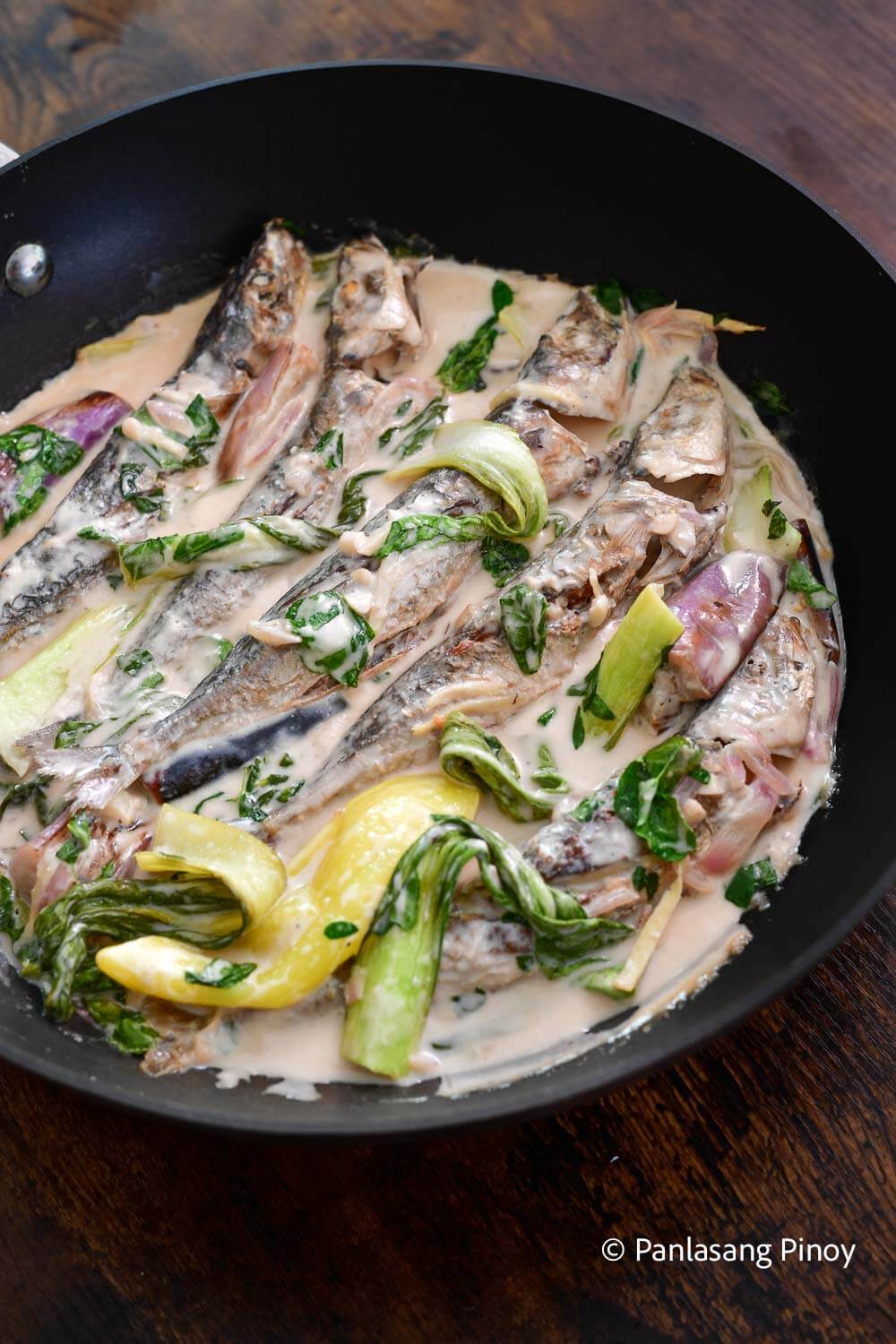Philippines hoping to ship more coconut products to Europe
GOVERNMENT agencies are hoping to increase exports of coconut-based products to the European Union (EU), while attracting investment in processing operations. In a statement on Wednesday, the Board of Investments (BoI) said it conducted a trade mission to the Netherlands and Belgium last month alongside agencies of the Department of Trade and Industry (DTI) and […]

GOVERNMENT agencies are hoping to increase exports of coconut-based products to the European Union (EU), while attracting investment in processing operations.
In a statement on Wednesday, the Board of Investments (BoI) said it conducted a trade mission to the Netherlands and Belgium last month alongside agencies of the Department of Trade and Industry (DTI) and the Department of Agriculture (DA).
The delegation also held roundtable discussions to brief European participants on trade and investment opportunities involving the Philippine coconut industry.
In the Netherlands, the BoI presented to the members of the MVO (the Netherlands Oils and Fats Industry) and the Ministry of Agriculture on opportunities in integrated coconut processing and the available incentives under the Corporate Recovery and Tax Incentives for Enterprises Act.
It also met with potential investors from Germany, Switzerland, and the Netherlands in a separate roundtable in Brussels.
The delegation also met with COLEAD (Committee Linking Entrepreneurship–Agriculture–Development) and FEDIOL (the European Vegetable Oil and Proteinmeal Industry).
“Additionally, the delegation conducted market visits to key retail outlets in the Netherlands and Belgium to keep abreast of the latest product and packaging developments for coco-based products and benchmark against competitors in the EU market,” the BoI said.
DTI Export Marketing Bureau Director Bianca Pearl R. Sykimte noted an opportunity for the Philippines to improve its share of the EU market for coconut products after the EU starts to implement the EU Deforestation Regulation (EUDR) in December.
“The EUDR’s coverage — coffee, cocoa, soy, palm oil, wood, rubber, and cattle — does not (significantly affect) Philippine exports to the EU,” Ms. Sykimte told BusinessWorld via Viber.
“We are also seeing an opportunity for our coconut oil exports since our palm oil competitors will be affected by the EUDR,” she added.
In 2023, coconut oil was the Philippines’ third-largest export product to the 27-country bloc, with shipments valued at $547.15 million.
She said however that exporters are still encouraged to be compliant with the EUDR for the long-term benefits to Philippine forests.
“Beyond EUDR, there are opportunities for exporters under the EU Generalised Scheme of Preferences Plus (GSP+), which provide for duty-free market access for Philippine products covering two-thirds of EU tariff lines,” she added.
The Philippine Statistics Authority reports that exports to the EU totaled $4.82 billion in the first seven months, representing 11.3% of all exports during the period. — Justine Irish D. Tabile























